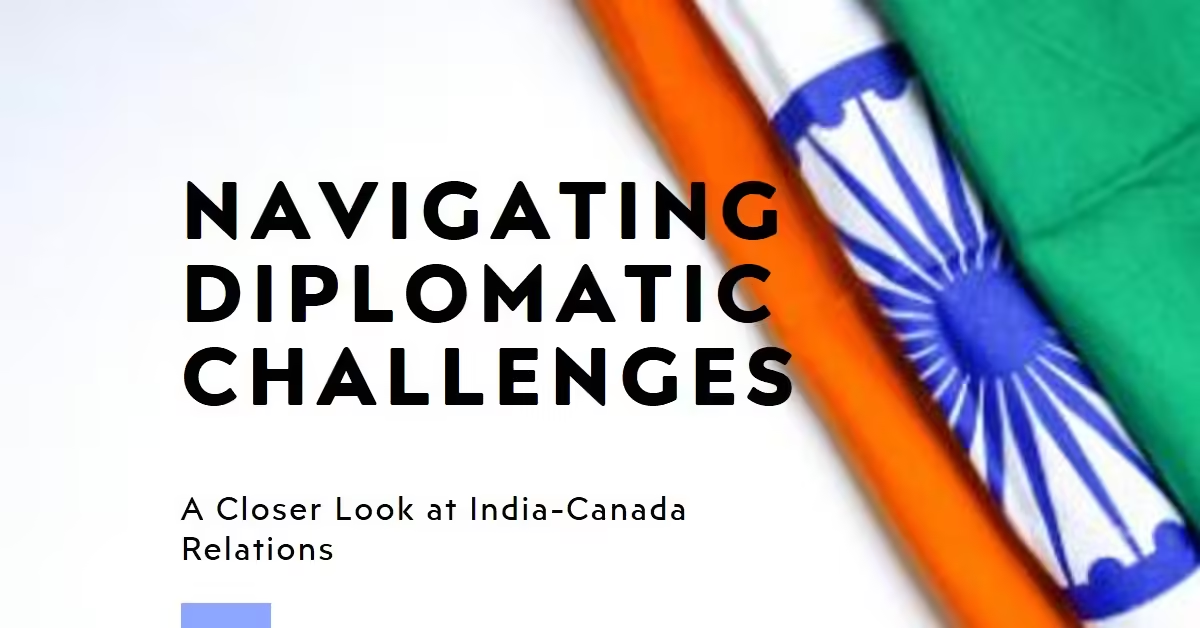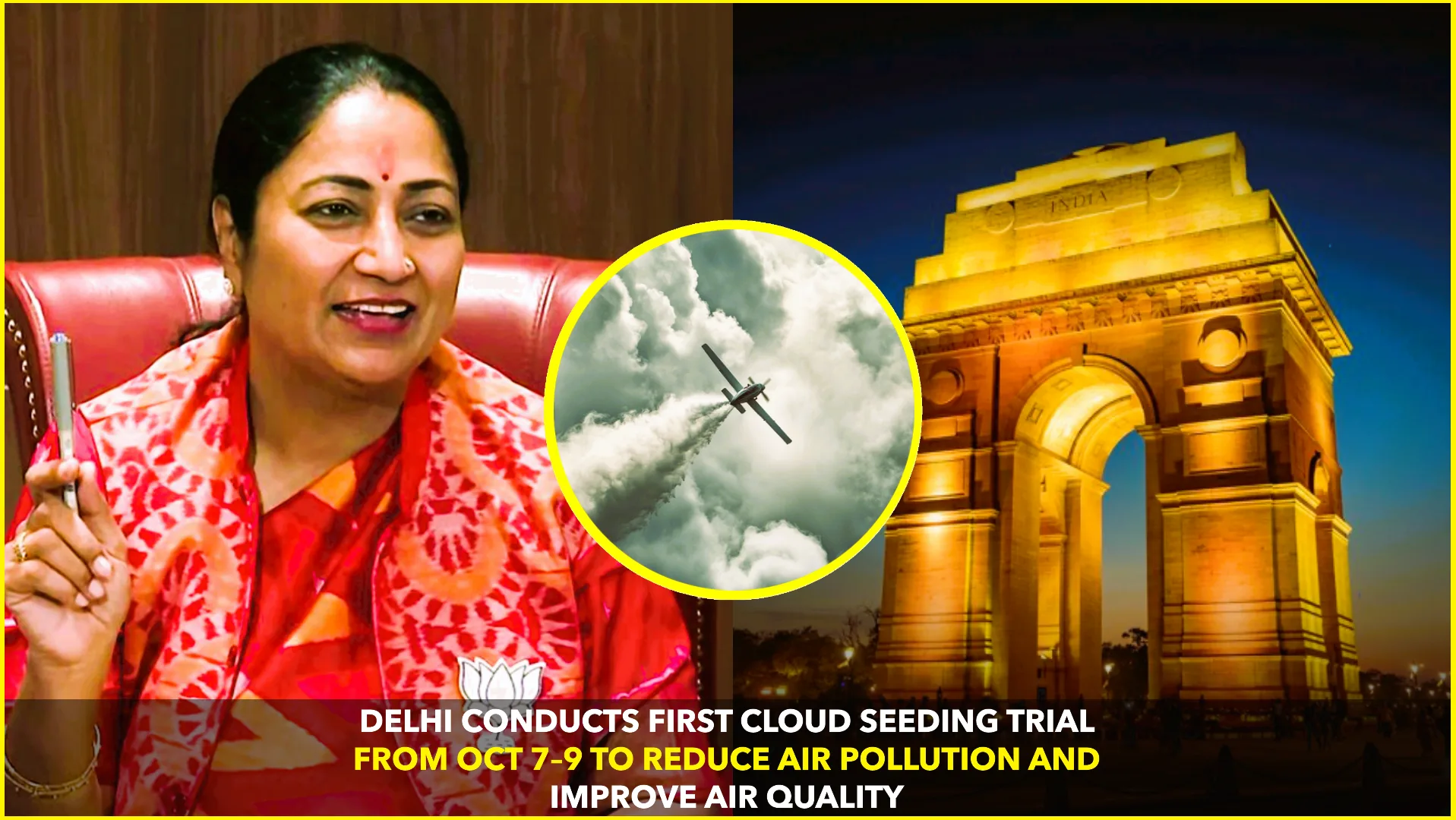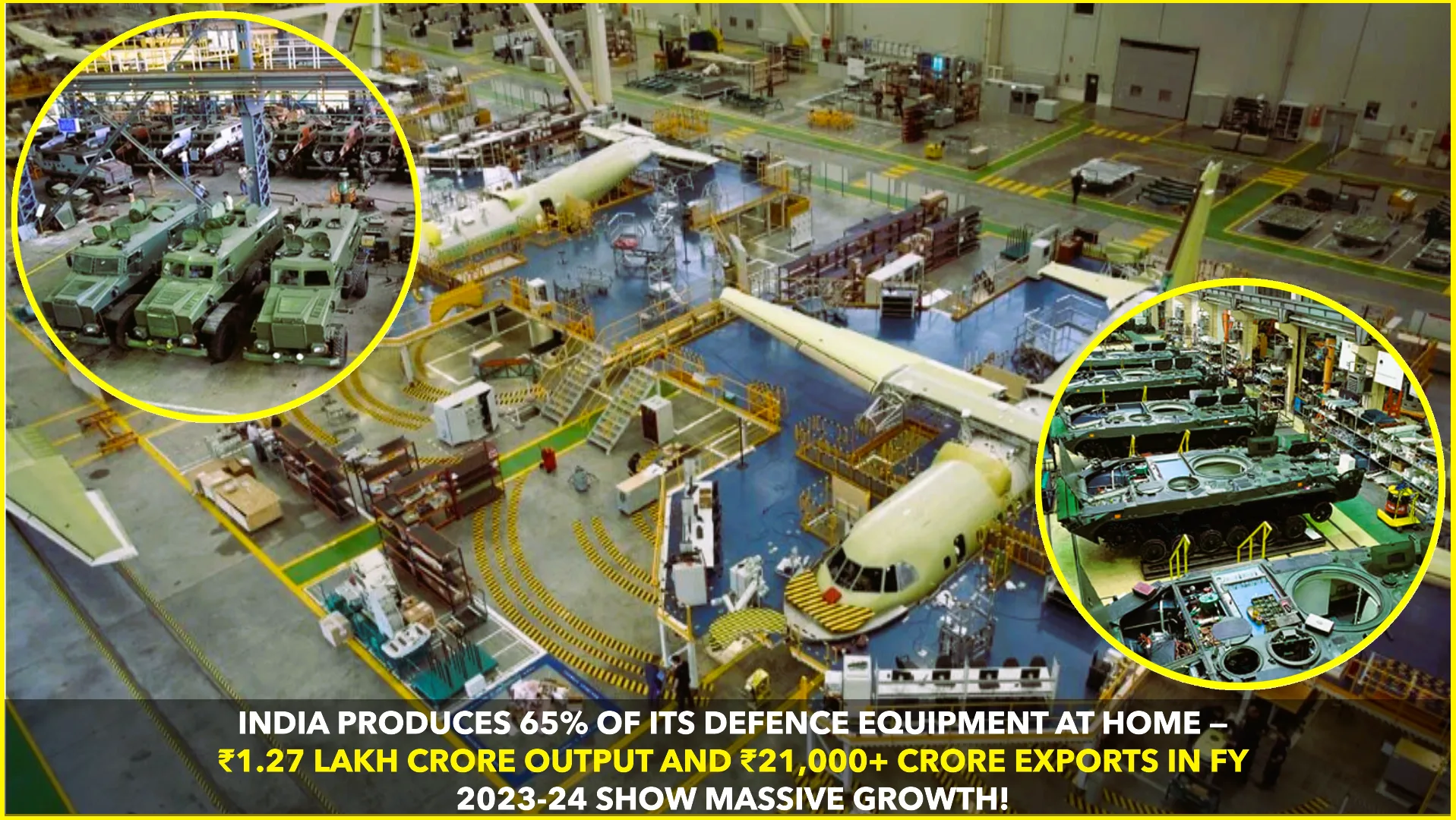In recent months, India-Canada relations have recently encountered serious tensions, with diplomatic disagreements making headlines around the world. The latest events, including viral videos and contentious statements from Canadian politicians, have sparked intense reactions online. As the geopolitical story unfolds, both countries grapple with balancing national interests and international diplomacy.
Background of India-Canada Relations

India and Canada have traditionally maintained a partnership built on shared democratic values, cultural connections, and robust trade relations. Both countries are members of the Commonwealth, and Canada is home to a large Indian diaspora, with over 1.6 million people of Indian origin residing there. These connections have facilitated partnerships in sectors like technology, education, and trade. However, certain diplomatic issues have periodically created friction.
Historically, disagreements have arisen over Canada’s approach to certain groups that India views as threats to its sovereignty and national security. This has included the complex issue of Khalistan, a separatist movement aiming to create a Sikh homeland in India’s Punjab state. Canada’s perceived tolerance toward some pro-Khalistani activities has been a long-standing point of contention, becoming a flashpoint for the current diplomatic strain.
Recent Tensions and Political Developments in India-Canada Relations
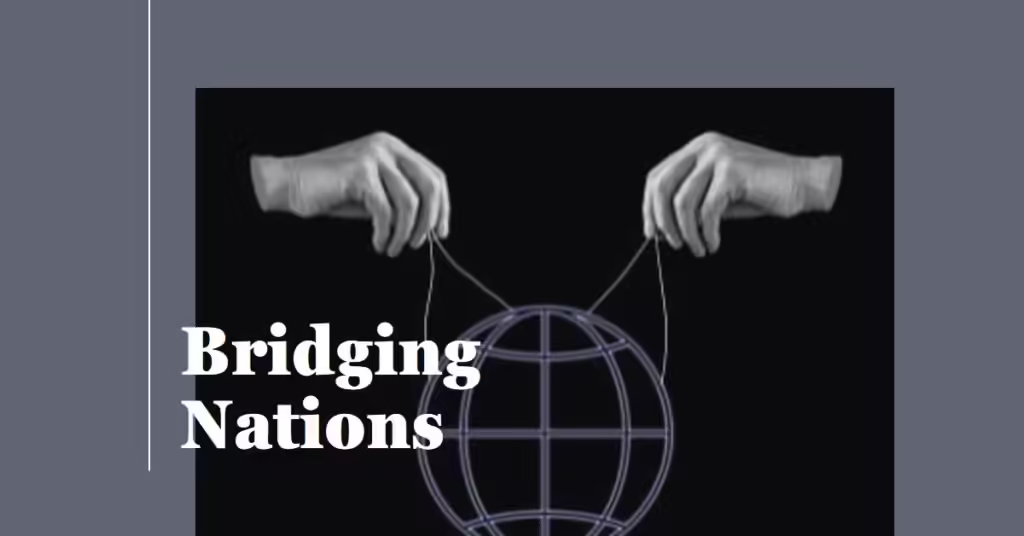
In September 2024, diplomatic relations took a sharp downturn following Canadian Prime Minister Justin Trudeau’s accusations that India may have been involved in the killing of a Canadian Sikh activist, Hardeep Singh Nijjar.
Nijjar, a vocal proponent of the Khalistan movement, was shot dead in British Columbia in June 2024. Trudeau’s comments sparked a diplomatic standoff that led to a series of actions by both governments, including the mutual expulsion of diplomats. This unexpected escalation shifted public focus sharply onto Indo-Canadian relations.
Trudeau’s Accusations and Their Impact on India-Canada Relations
Prime Minister Trudeau’s accusation came as a shock, not only to India but also to international observers. He claimed that “credible allegations” pointed to Indian government involvement in Nijjar’s death, a claim India has categorically denied as “absurd and motivated” (source). The Indian government responded swiftly, expelling a Canadian diplomat and asserting its stance against what it termed “anti-India activities” tolerated in Canada. External Affairs Minister Dr. S. Jaishankar highlighted that Canada’s “soft stance” on such groups has undermined the trust and respect that once defined Indo-Canadian relations.
This diplomatic tit-for-tat intensified when videos surfaced of Canadian opposition leaders criticizing Trudeau’s approach. One such video, where a Canadian opposition politician accused Trudeau of “irresponsibly” damaging relations with India, went viral, sparking discussions both online and in the media (source).
Social Media Amplification and Viral Videos
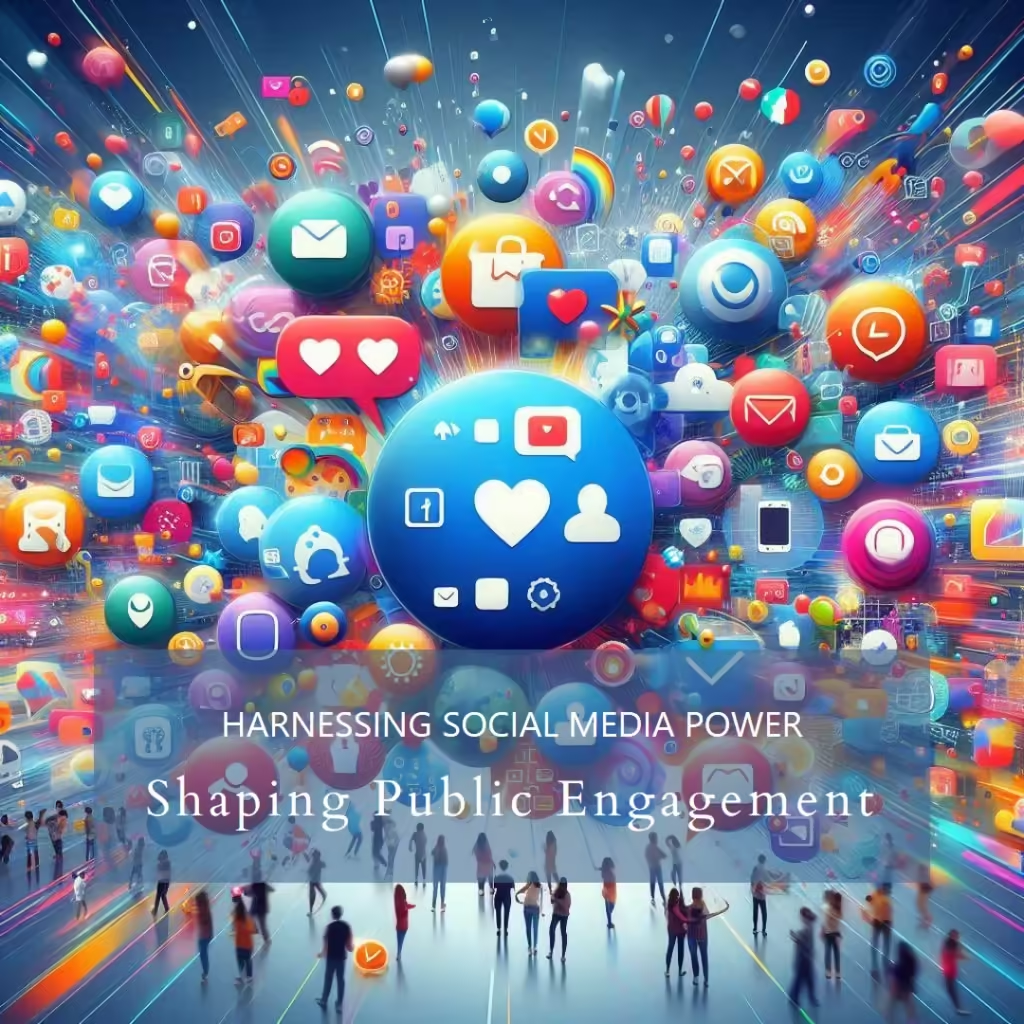
Social media has played a critical role in shaping public perception and engagement with this story. Viral videos, including clips of Trudeau’s speeches and political criticism against his stance on India, have added fuel to the fire. Platforms like X (formerly Twitter) and YouTube have seen an upsurge in views, comments, and shares on topics related to Indo-Canadian relations, with hashtags such as #IndiaCanadaRelations and #KhalistanIssue trending frequently.
The digital response underscores a polarized landscape where citizens and influencers debate the ethics and implications of both governments’ actions. In India, a significant portion of social media users expressed frustration with Canada’s tolerance towards what they view as anti-India elements. Meanwhile, Canadians appear divided, with some supporting Trudeau’s stance and others accusing him of jeopardizing a crucial international relationship.
Key Issues Fueling the Diplomatic Rift
1. Khalistan Movement
The Khalistan issue remains one of the most contentious points in Indo-Canadian relations. Canada’s sizable Sikh population, a portion of whom are Khalistan sympathizers, has periodically expressed support for the cause. India maintains that a handful of such activists exploit Canada’s liberal policies on free speech to propagate an agenda that threatens India’s territorial integrity. India has repeatedly urged Canada to curtail such activities, yet the issue persists, creating friction in otherwise cooperative areas.
2. Impact on Trade Relations
Canada is among India’s significant trading partners, with bilateral trade reaching over CAD 10 billion in recent years. However, the ongoing diplomatic strain poses a risk to this relationship. Both governments have hinted at potential trade repercussions, which could affect sectors like agriculture, energy, and technology. Experts caution that a continued downturn in relations could disrupt trade, impacting industries and consumers in both countries.
3. Expulsion of Diplomats and Free Speech
The mutual expulsion of diplomats marked a peak in the conflict, highlighting concerns over diplomatic protocol and the limits of free speech. For many Indians, Canada’s stance raises questions about freedom of speech versus national security. The Canadian government’s hesitance to act against certain groups is seen as an affront to India’s sovereign concerns. Conversely, some Canadian citizens view this as a free speech issue, advocating for Canada’s right to allow political expression without external influence.
Broader Implications on Global Geopolitics
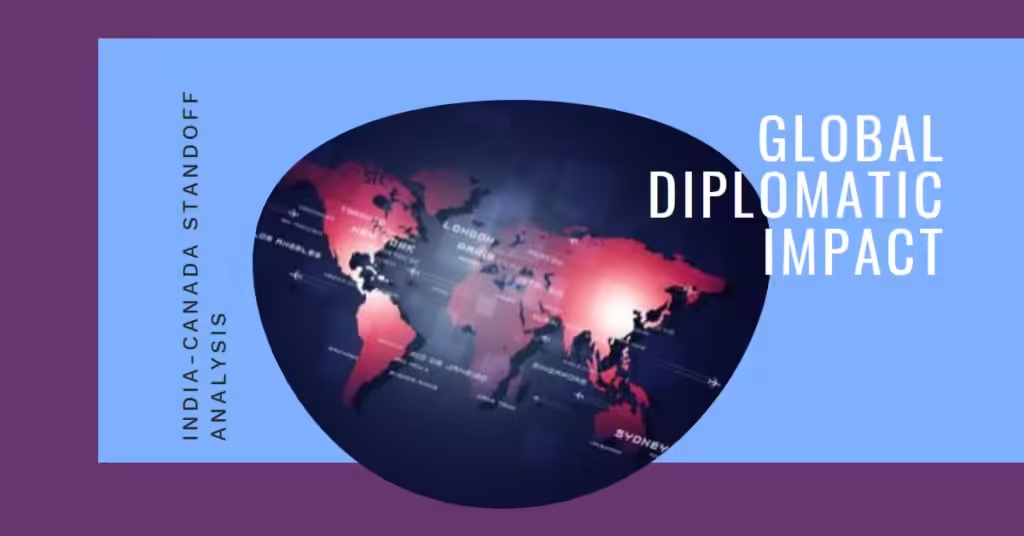
The India-Canada standoff is not just a bilateral issue but also holds wider implications for global geopolitics. Both India and Canada are key players in larger international blocs like the G20, and their cooperation is often seen as essential for addressing global issues such as climate change, technology development, and trade agreements. The diplomatic row has already influenced discussions within these circles, with both countries’ allies expressing concern over the potential for escalation.
Furthermore, the ongoing tension may impact Canada’s standing in Indo-Pacific alliances where India is an increasingly prominent player. Analysts suggest that unless managed carefully, this conflict could shift alliances, affecting Canada’s influence within these strategic partnerships.
Potential Pathways to Reconciliation
For any diplomatic reconciliation to occur, analysts believe that Canada and India must address the underlying issues of trust and respect. Building a framework that acknowledges India’s concerns regarding the Khalistan issue, while respecting Canada’s commitment to free speech, is critical. Possible steps include:
- Diplomatic Dialogue: Open communication channels remain the most viable approach to mitigating misunderstandings. Multilateral forums like the G20 could provide an opportunity for moderated discussions.
- Increased Security Cooperation: Canada could enhance cooperation with India on security issues, especially regarding the monitoring of groups with separatist agendas.
- Economic Diplomacy: With trade playing such a vital role, both nations might leverage economic diplomacy to rebuild relations. This could involve reinforcing trade ties in strategic sectors to foster mutual dependency and encourage political cooperation.
Final Thoughts
The relationship between India and Canada has hit a turbulent phase, with both countries navigating a diplomatic storm that has intensified due to viral social media engagement and political statements. While both sides have firm stances on key issues, the outcome of this standoff will likely influence future diplomatic protocols and potentially reshape the geopolitical alliances each country upholds.
As the situation evolves, it will be crucial for both nations to seek common ground and focus on mutual interests. Maintaining a balance between respecting national concerns and upholding democratic freedoms remains essential. The world watches closely, as this saga highlights the delicate balance that international relations demand in an increasingly interconnected world.
Further Reading:
- For insights on India’s recent diplomatic stance, read this article on India’s External Affairs Ministry statements.
- Learn more about Canada’s policy on separatist movements from Canadian Government resources.
For more latest and informative information, articles, blogs, news and etc. visit:– Epic Infinite






